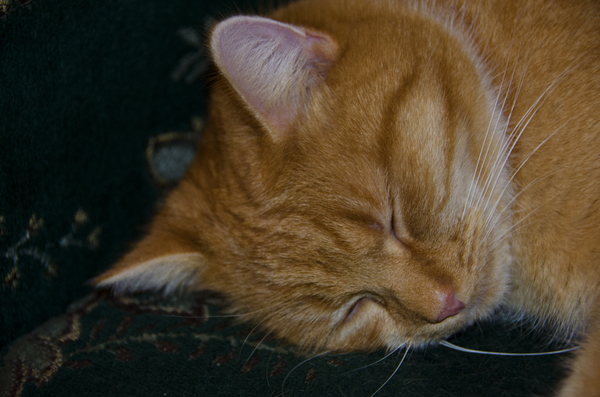
Expecting a kid is a jubilant occasion, however it also includes a myriad of responsibilities and factors to consider, especially for animal owners. Amongst the many issues that arise during pregnancy, one that typically flies under the radar is the issue of cat litter. While relatively harmless, cat litter can position dangers to pregnant females and their unborn children if not handled correctly. In this short article, we delve into the important details every expectant mother who owns a cat must understand to ensure a safe and healthy pregnancy.
The main issue with cat litter throughout pregnancy lies in its association with toxoplasmosis, a parasitic infection caused by the Toxoplasma gondii parasite. Felines, especially those who hang around outdoors, can become infected with this parasite by searching and consuming contaminated prey or by entering contact with polluted soil. As soon as contaminated, cats can shed the parasite in their feces for a short duration, normally one to 2 weeks, which is when they become carriers of the disease.
Toxoplasmosis itself may not trigger any signs in healthy people, however it can have severe consequences for pregnant ladies and their unborn infants if contracted throughout pregnancy. The parasite can be sent to humans through unintentional consumption of polluted feline feces, soil, or undercooked meat consisting of the parasite's cysts. In pregnant females, toxoplasmosis can lead to miscarriage, stillbirth, or congenital disabilities in the baby, such as hearing loss, vision disability, or intellectual impairments.
Provided the prospective threats related to toxoplasmosis, pregnant females are typically encouraged to take preventative measures when managing cat litter. Here are some necessary actions to decrease the threat of infection:
If possible, ask a partner, member of the family, or good friend to take control of the job of cleaning up the litter box throughout pregnancy. This minimizes direct exposure to feline feces, reducing the danger of infection.
If you must clean the litter box yourself, wear non reusable gloves and a mask to avoid direct contact with the feces and inhalation of air-borne particles.
Guarantee the litter box is cleaned daily. The Toxoplasma gondii parasite requires a period of one to 5 days to end up being contagious after being shed in cat feces. Prompt removal of feces decreases the possibility of transmission.
After dealing with cat litter or cleaning the litter box, clean your hands completely with soap and water to eliminate any potential contamination.
Refrain from gardening or managing soil, specifically without gloves, as it may contain Toxoplasma gondii cysts from cat feces.
To lower the danger of contracting toxoplasmosis from food, guarantee all meat is cooked completely to eliminate any parasites present.
n addition to taking safety measures when handling cat litter, pregnant females may also think about switching to alternative litter options that cat litter scoop posture very little danger. Here are some alternatives to standard clay-based cat litter:
Silica gel litter is highly absorbent and effectively manages odor. It poses a lower threat of harboring parasites compared to clay-based litter.
Litters made from natural materials such as recycled paper, wood pellets, or corn are eco-friendly and eco-friendly. These litters are typically thought about safe for pregnant ladies to handle.
Litters originated from plant-based materials like wheat, corn, or pine offer an environment-friendly option to traditional clay litter. They are complimentary from hazardous chemicals and are safe for pregnant females and their animals.
As with any issues during pregnancy, it's vital to consult your doctor for individualized guidance and suggestions. If you have any questions or unpredictabilities regarding cat litter and its possible risks, do not hesitate Litter Box Liners to discuss them with your obstetrician or midwife. They can supply guidance customized to your individual situations and assist minimize any issues you may have.
While owning a feline can bring immense happiness and companionship, it's important for pregnant females to be familiar with the possible risks connected with cat litter and take proper safety measures to secure their health and the health of their unborn child. By following simple standards and looking for guidance from healthcare suppliers, expectant mothers can navigate this element of pet ownership safely and delight cat litter box self cleaning in a carefree pregnancy alongside their feline companions.
Comments on “Pregnancy And Cat Litter: Stay Safe.”